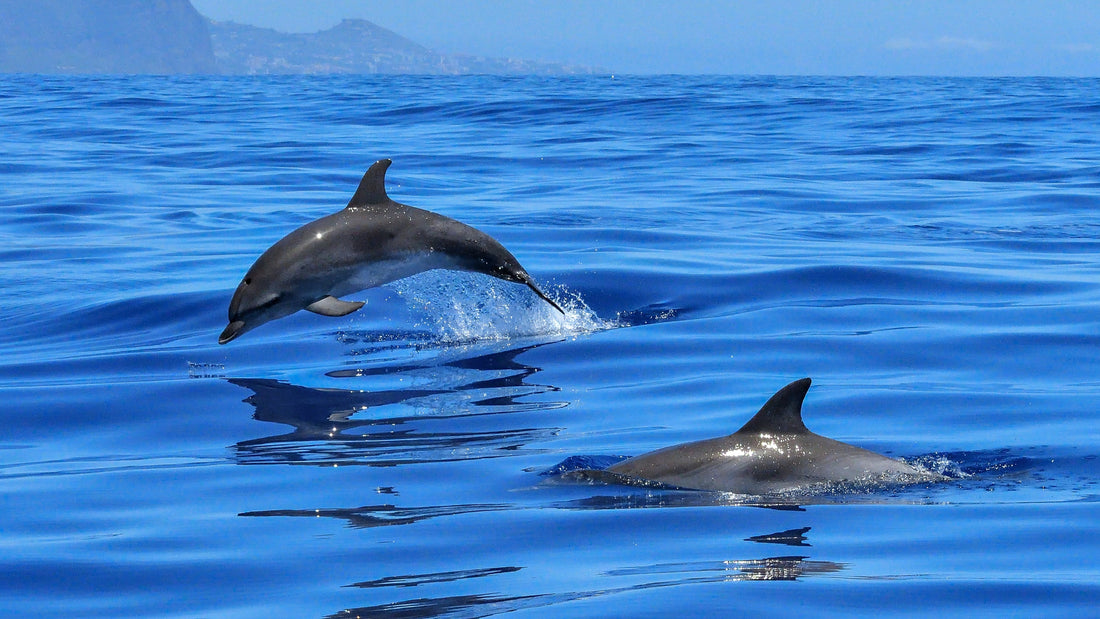
How Plastic Pollution Endangers Dolphins and Marine Life
The ocean covers more than 70% of Earth’s surface, yet today it faces an unprecedented crisis: plastic pollution. Every year, about 11 million metric tons of plastic enter the ocean — that’s equivalent to dumping a garbage truck full of plastic into the sea every minute (Pew Charitable Trusts, 2020). For dolphins and other marine life, this pollution can be deadly.
🐬 Entanglement in Ghost Gear
One of the most dangerous threats dolphins face is ghost gear — abandoned, lost, or discarded fishing nets and lines. These invisible killers drift through the water, trapping anything in their path. Dolphins can become entangled, restricting their movement and ability to surface for air. According to the World Wildlife Fund (WWF), “ghost gear makes up at least 10% of marine litter and is especially lethal to cetaceans like dolphins.”
In 2021, researchers off the U.S. East Coast reported multiple incidents of bottlenose dolphins struggling to swim after getting caught in ghost nets (NOAA Fisheries, 2021).
🐬 Ingestion of Plastics
Plastic pollution doesn’t just entangle dolphins — it can also end up inside them. Dolphins sometimes mistake floating plastic bags, wrappers, or balloons for food. When swallowed, these items can block their digestive tracts or introduce harmful toxins into their bodies.
Even more alarming is the spread of microplastics — tiny fragments of plastic that result from larger pieces breaking down. Studies have found microplastics in the stomachs of dolphins, potentially harming their health and the marine food chain as a whole (Baulch & Perry, 2014).
🌊 Ripple Effects Across the Ecosystem
When dolphins suffer, so does the entire ocean ecosystem. As apex predators, dolphins help regulate fish populations and maintain balance. Their decline signals deeper environmental trouble.
🌱 How We Can Help
The good news is that solutions are within reach. Here’s how you can be part of the change:
- Reduce single-use plastics: Bring reusable bags, bottles, and straws.
- Support cleanup efforts: Organizations around the world are working to remove ghost gear and clean up plastic waste.
- Choose ocean-friendly brands: When you buy from companies that fund conservation, you help protect marine life.
Every purchase from our store helps support efforts to protect dolphins and their habitats — because together, small choices make a big impact.
Sources you can reference for more info:
- Pew Charitable Trusts, Breaking the Plastic Wave (2020)
- WWF, Ghost Gear Initiative
- NOAA Fisheries (fisheries.noaa.gov)
- Baulch & Perry, 2014, Marine Pollution Bulletin